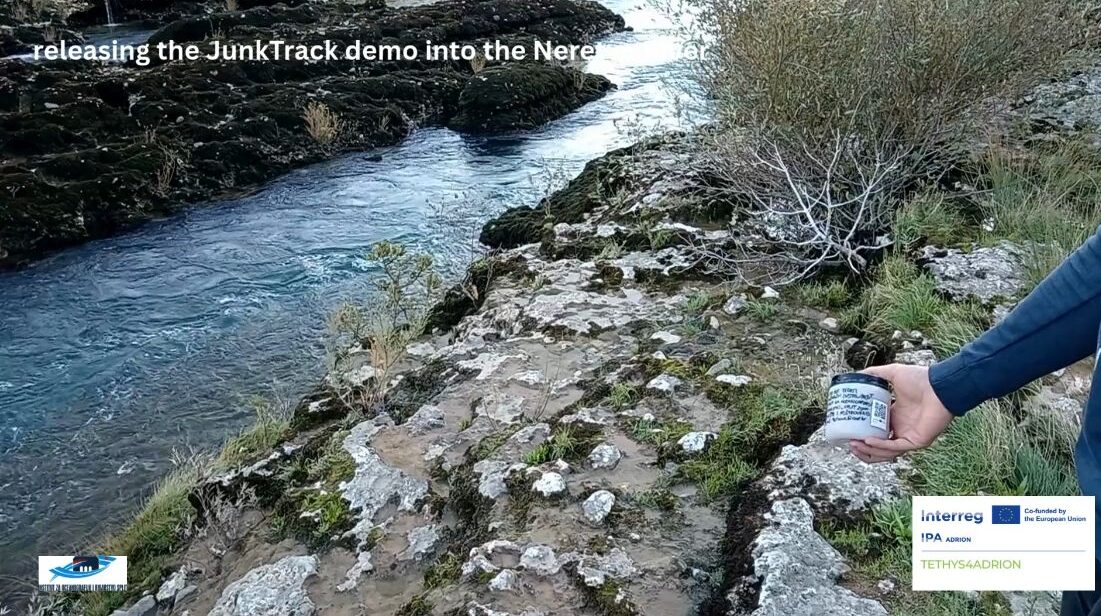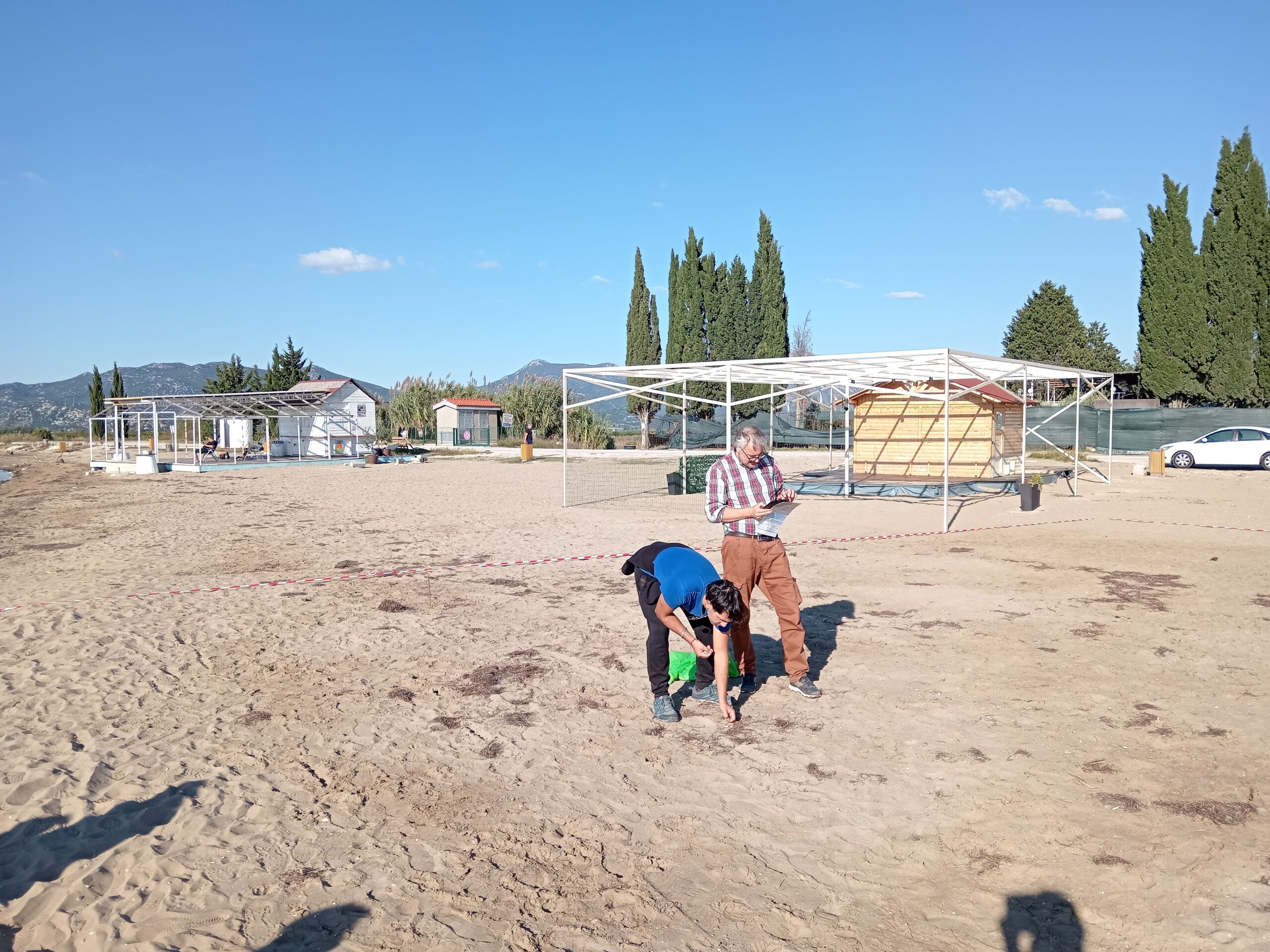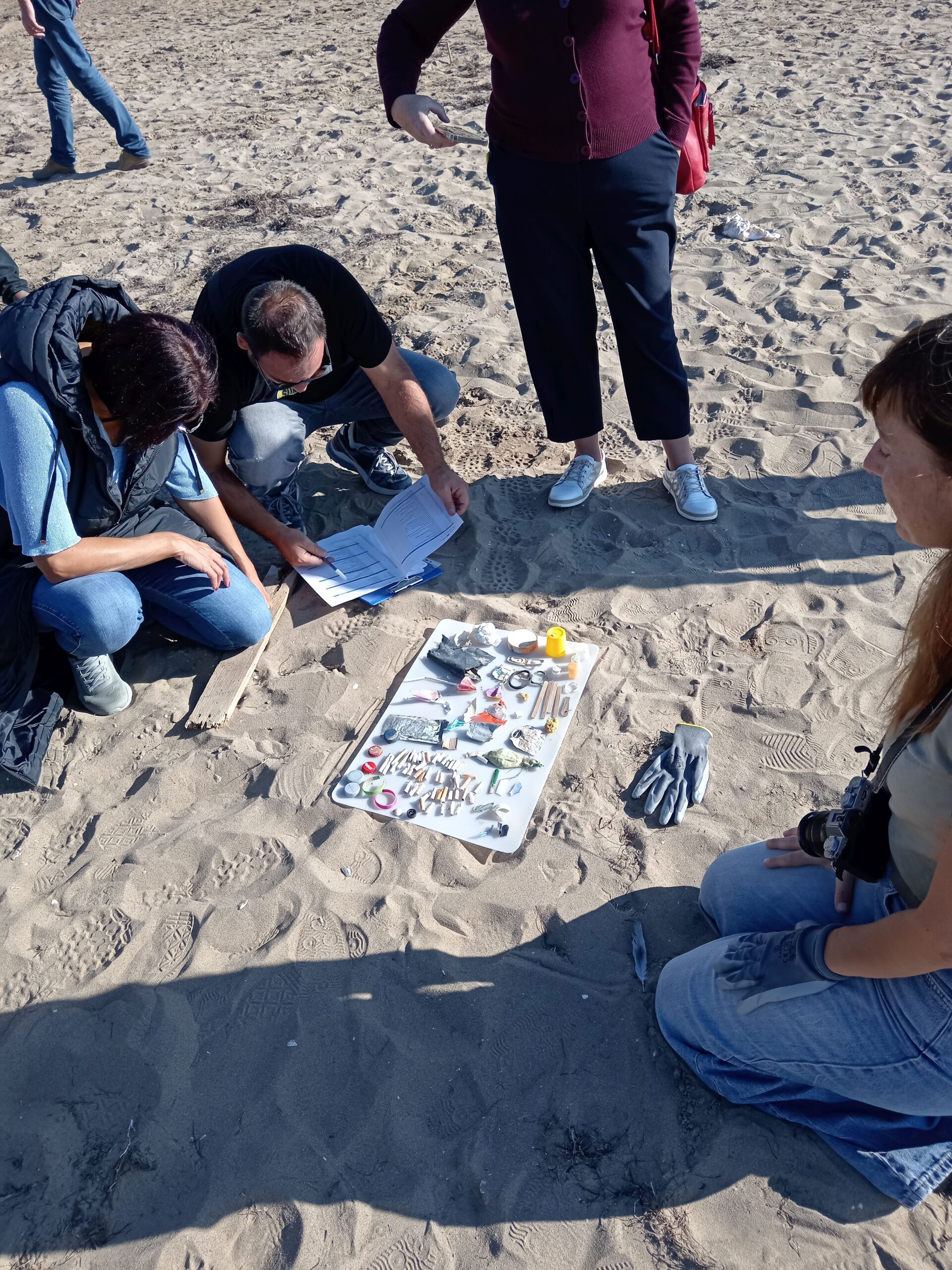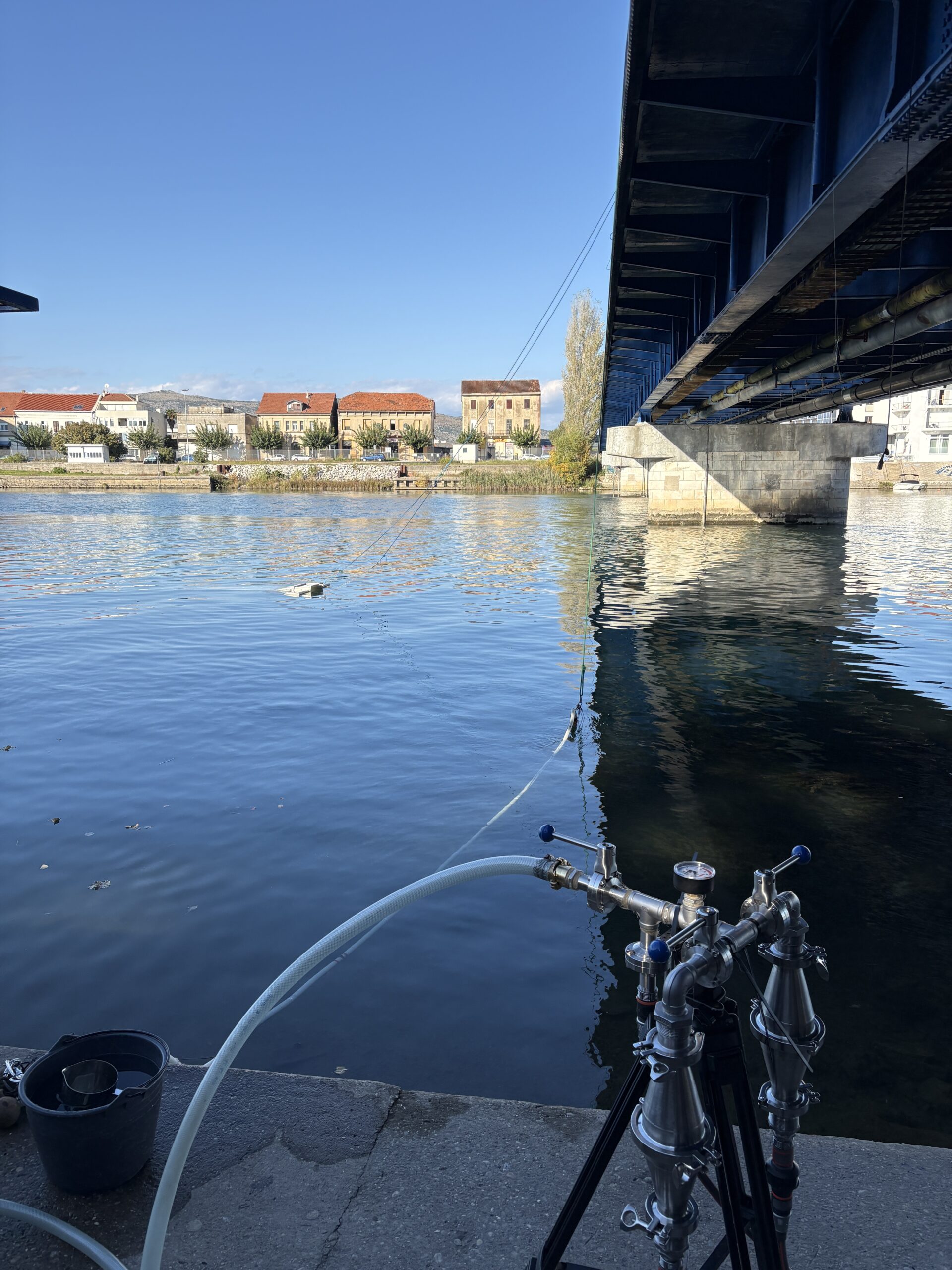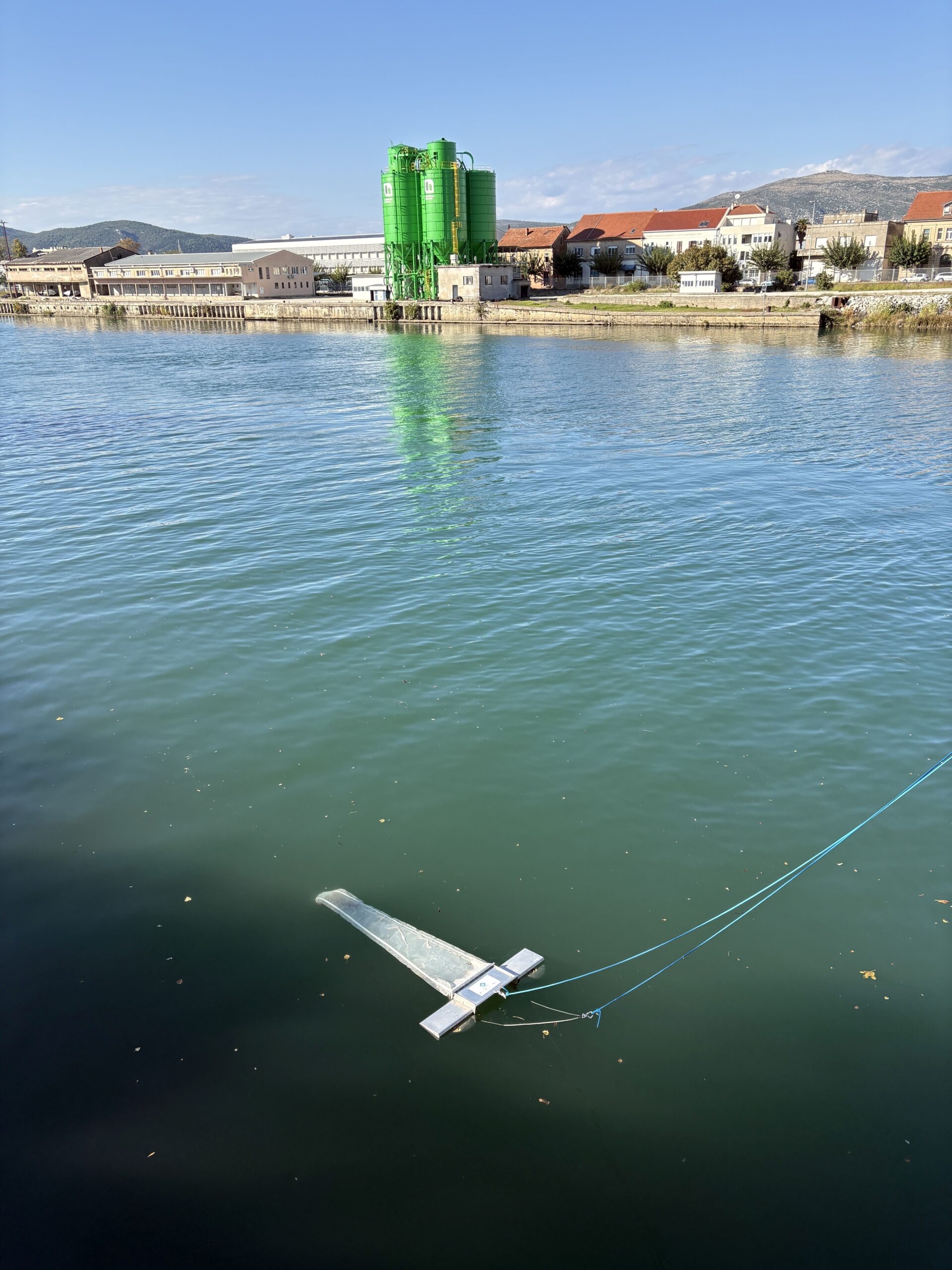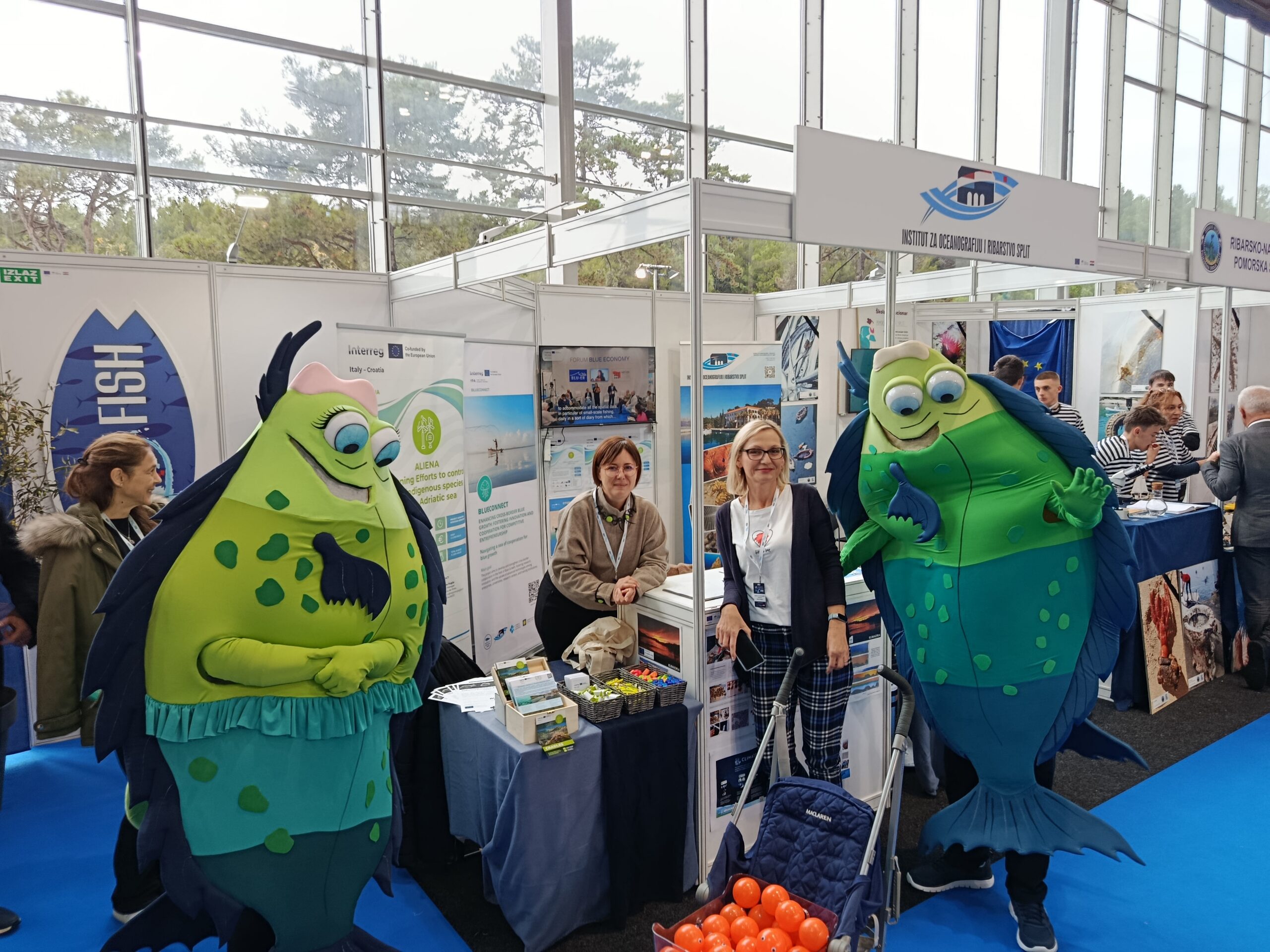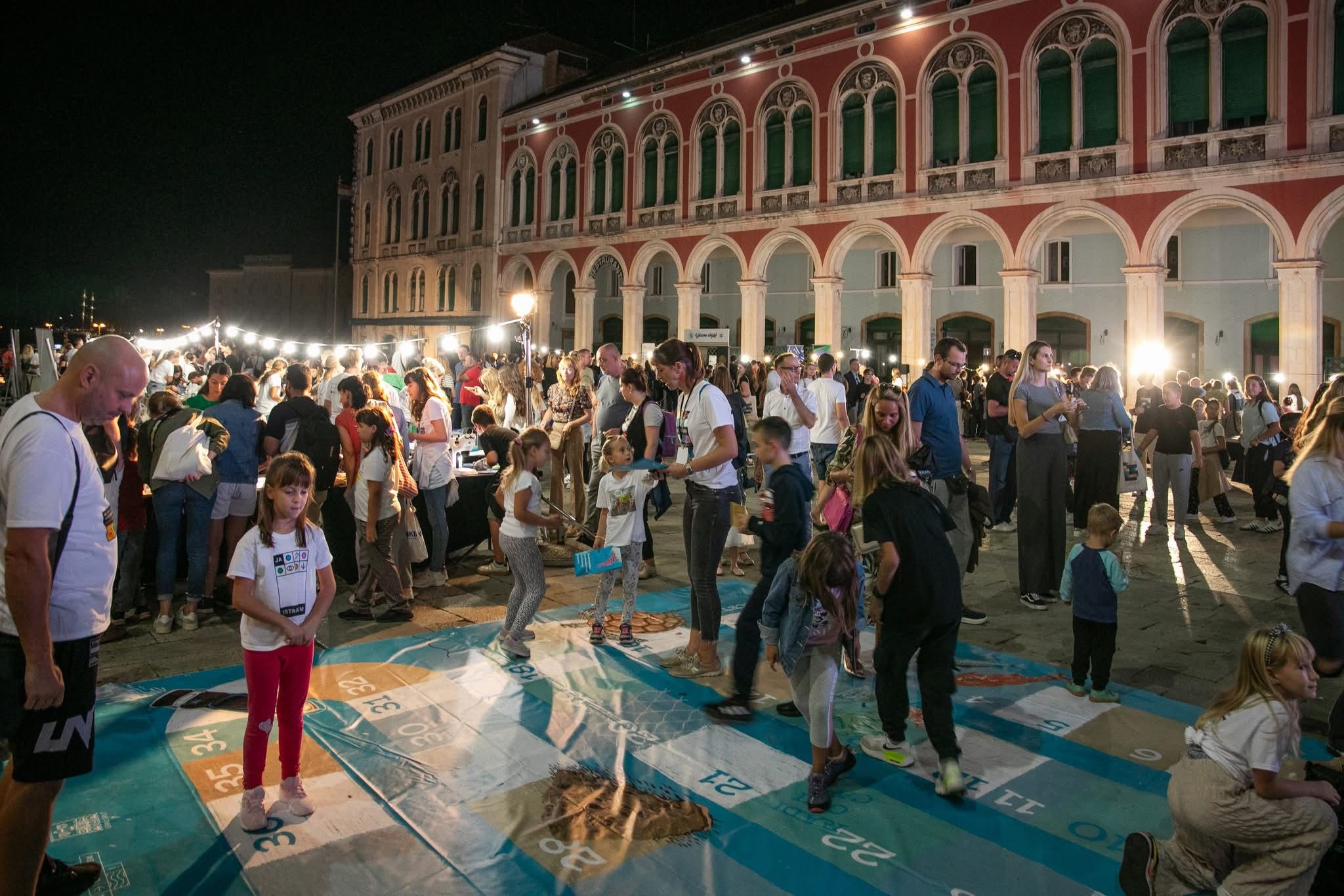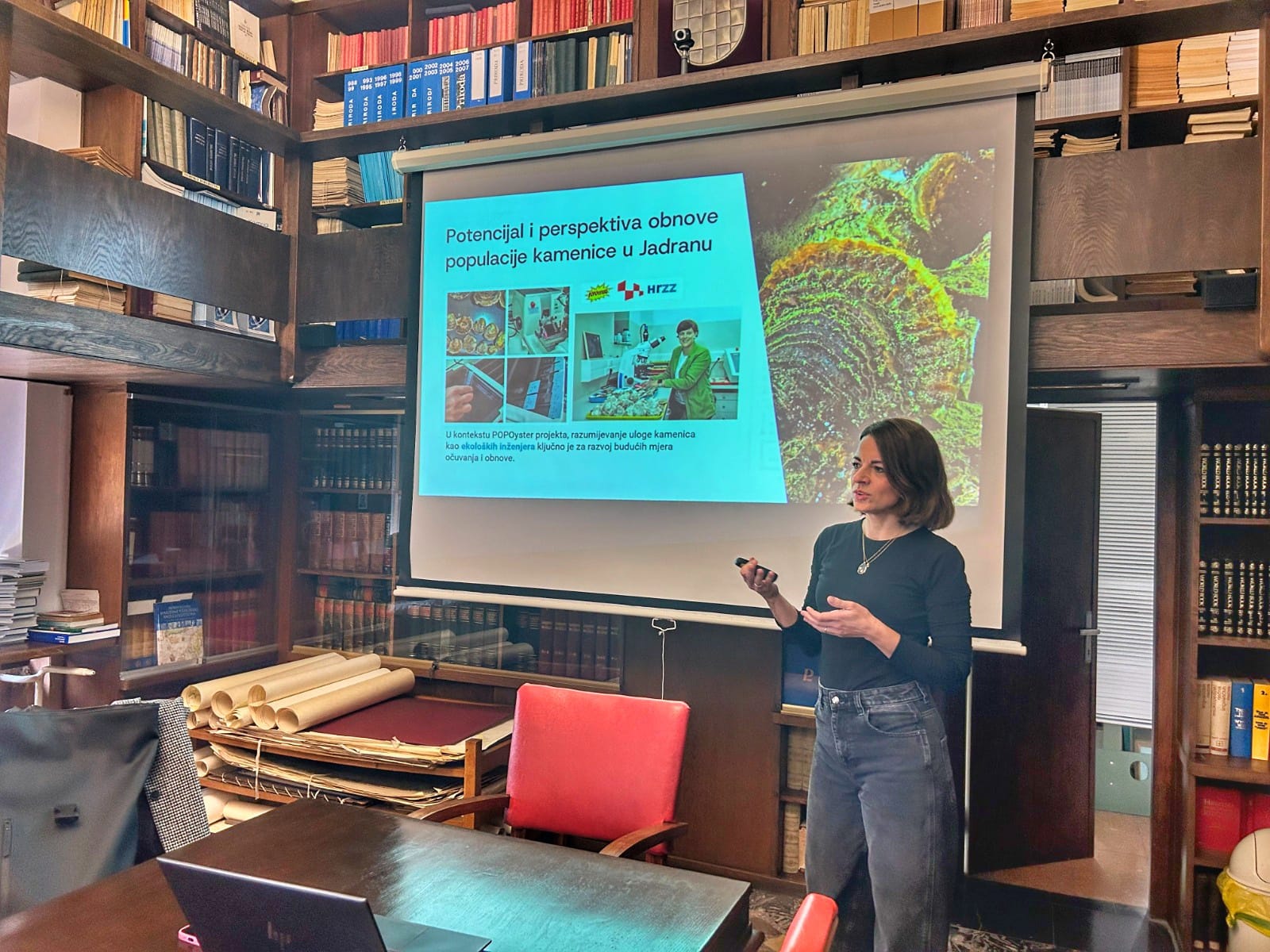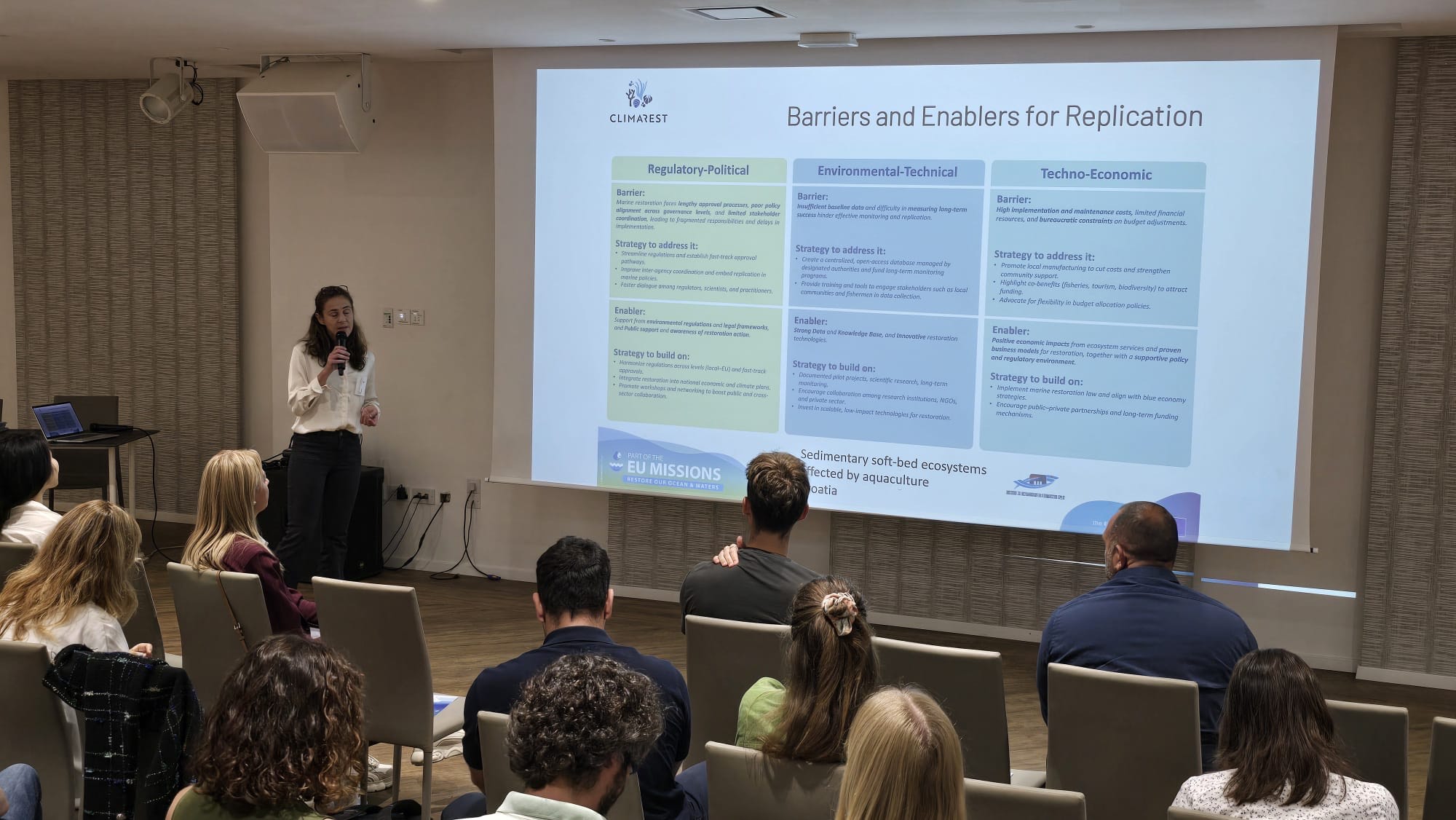Plastic pollution is one of the most significant environmental challenges in the Mediterranean, particularly in the Adriatic–Ionian region, which has been recognized as a hotspot for marine plastic contamination. Rivers, as the main pathways for the transport of plastic waste from land to sea, play a crucial role in this issue, and cross-border cooperation is essential for effective action to combat it.
These challenges are at the core of the TETHYS4ADRION project, full title “Enhancing Cross-Border Cooperation for Riverine Plastic Litter Reduction in the Adriatic and Ionian”, financed under the EU IPA ADRION Programme. The main goal of the project is to investigate how rivers contribute to marine plastic pollution and to develop and implement strategies to mitigate this problem, with a focus on the waste transported by rivers to the sea. The project emphasizes the connection between land, rivers, and the sea in the context of plastic pollution across seven countries of the region: Croatia, Bosnia and Herzegovina, Slovenia, Italy, Montenegro, Albania, and Greece.
The project was proposed and designed through the joint collaboration of Croatian partners – the Institute of Oceanography and Fisheries from Split and the City of Metković, while the National Institute of Chemistry from Ljubljana (Slovenia) serves as the lead partner. Other partners include ISPRA – Italian Institute for Environmental Protection and Research (Italy), Mediterranean Information Office for Environment, Culture and Sustainable Development (MIO-ECSDE) and Hellenic Centre for Marine Research (Greece), the Institute of Marine Biology of the University of Montenegro, the Institute for Water of the Republic of Slovenia, the University of Tirana (Albania), and the City of Čapljina (Bosnia and Herzegovina). The project lasts 36 months, with a total budget of €1,712,579.60.
One of the key pilot areas of the project is the Neretva River basin, focusing on the cities of Metković and Čapljina – a region under strong anthropogenic pressure. The goal is to build a network of experts across the region and lay the groundwork for long-term cross-border cooperation in managing plastic waste.
For this purpose, project meetings were held in Metković from October 14–17, 2025. The first two days were dedicated to Capacity Building Events, workshops aimed at defining methodological guidelines for monitoring the quantity and composition of riverine litter in five pilot rivers. In addition to the Neretva, these include the Reno (Italy), Soča (Slovenia and Italy), Buna/Bojana (Montenegro and Albania), and Alfeios (Greece). The workshops brought together project partners from diverse backgrounds – scientists, nature conservation experts, and local community representatives – with particular emphasis on practical field activities. On the bridge in Metković, test methodological activities were carried out to monitor floating litter and microplastics on the river surface using a Manta net and a specialized pump, while at the Neretva estuary near Opuzen, monitoring activities focused on shoreline litter and microplastics in beach sand sediments.
An interesting activity was conducted a few days before the meeting – the release of a floating GPS tracker, a plastic container equipped for monitoring movement, downstream along the Neretva River. The device was released on October 4 below the Mostar Hydropower Plant. This method, part of the JunkTrack system, enables real-time tracking of the container’s (waste’s) path via an application.
The same system is already being used in Italy on the Po River and other major waterways.
In addition, a database – the River Litter Cadastre – has been developed and made publicly available online. It serves to map litter accumulation areas along the Neretva River, its banks, and the riverbed. The collected data will form the basis for identifying key accumulation zones and for involving local stakeholders in focused efforts to reduce pollution, even beyond the project’s duration.
On October 16 and 17, the Steering Committee Meeting took place, where partners reviewed progress, discussed internal challenges, and defined the next steps for the upcoming period.
On the final day of the meeting, project participants contributed to reducing CO₂ emissions symbolically by planting a magnolia tree in the central park of Metković – a gesture representing growth, development, and the continuation of future cross-border cooperation.
